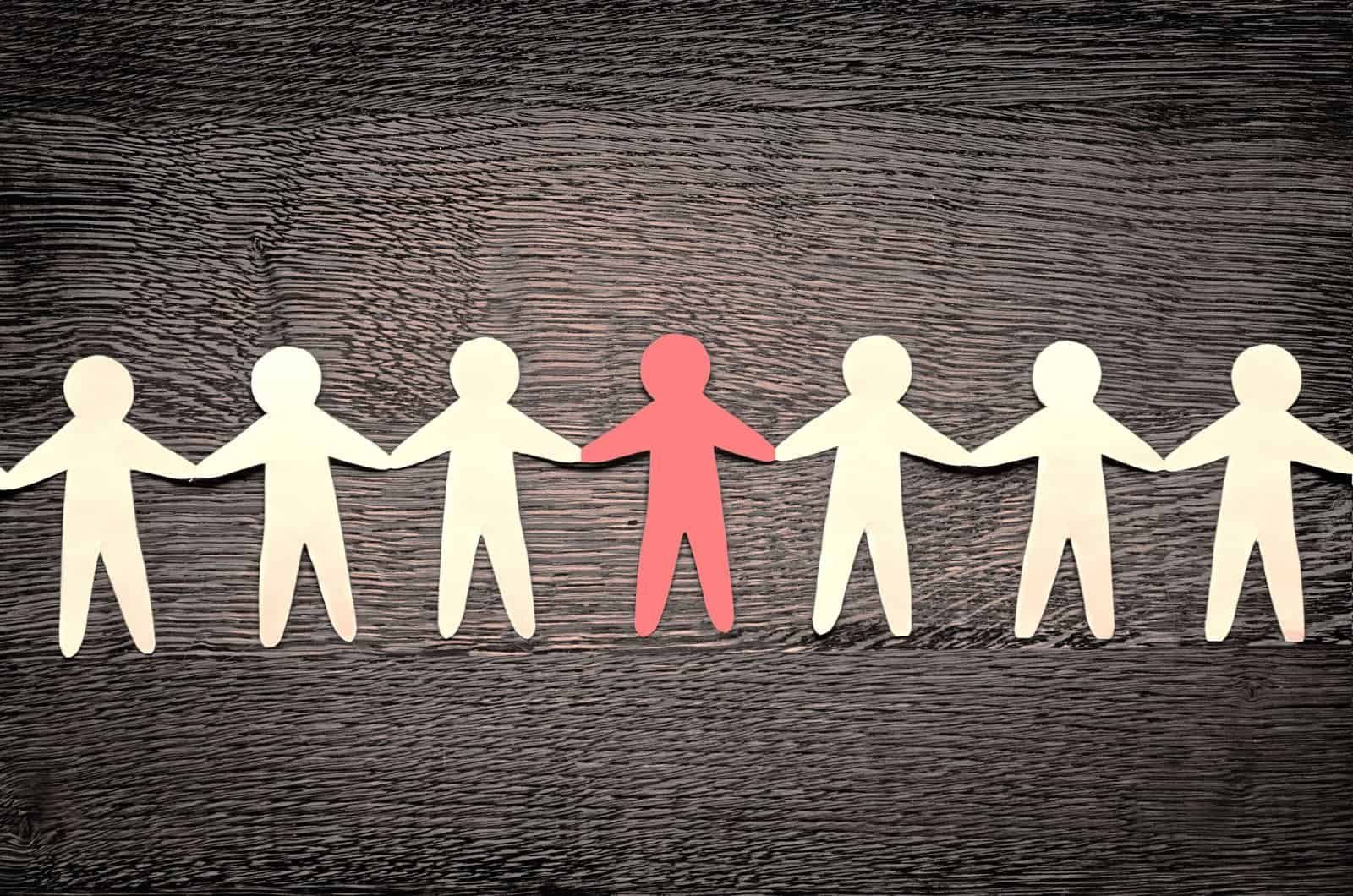Accessibility isn’t just nice to have; in fact, it’s now more important than ever. In 2025, over 1.3 billion people worldwide live with some form of disability, and many use e-readers or screen readers to access digital content. Yet most self-published authors continue to create ebooks that unintentionally exclude these readers. Microsoft Word, a tool
After my post about the European Accessibility Act, I got some fantastic questions from you that made me realize we need to have a more practical conversation especially regarding digital products. My original post focused on what’s been published — either written by lawyers for lawyers or aimed at big publishers with compliance departments. But what
The EU Accessibility Act officially kicked in on June 28, 2025, and that means it's being enforced right now. Here's what to expect for self-publishing.
Sometimes what we call perfectionism is just fear of rejection in disguise. We keep our work hidden because putting it out there means people can judge it.
One of the most often missed topics when it comes to writing and your office workspace is productivity. As a writer, you are focused on drafting, editing, book covers, ARC Reviews, and other important self-publishing topics, we forget that there are more efficient ways to do things. In your office or writing space, you might
The biggest threat for authors on Substack isn't competition or algorithm changes. It's something far more basic: the platform itself. Let's learn more.
Ever wonder why some books take off with book sales while others collect digital dust? When it comes to book marketing, I’ve noticed the same problems pop up again and again. Let me walk you through a real example that perfectly illustrates what NOT to do—and more importantly, how to fix it. The Post &
D2D for print books will not replace Amazon KDP for most authors—the royalty difference is just too significant if you're primarily selling direct to consumers online. But it's not supposed to replace Amazon; it's supposed to complement it.
As authors, we put our hearts on the page and then send our work out into the world, hoping it resonates with readers. But let’s be real—not everyone is going to love what we create, and some people are going to be downright nasty about it. If you’ve ever published a book, shared your writing
Here’s a statistic that might make your stomach drop: the average book sells around 250 copies in its lifetime. Yep, you read that right. And if you don’t have an email list or a solid foundation in place, your book is likely headed straight for that unfortunate average. I’ve watched countless authors spend thousands of










